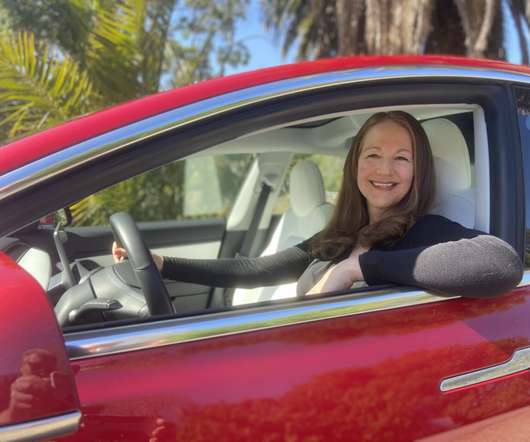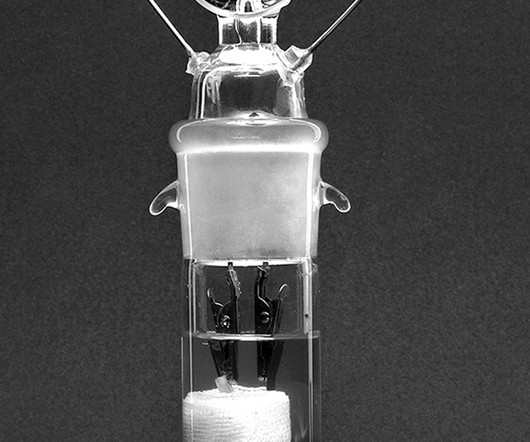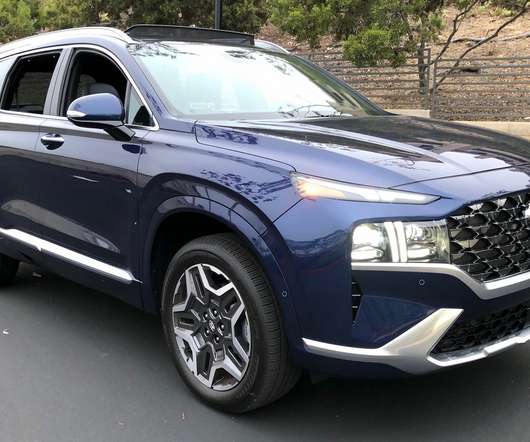Who will be in the driver’s seat?
Electric Auto Association
APRIL 1, 2021
An early adopter Sinclair’s first venture into the world of clean energy vehicles came in the early 2000’s when she and her husband purchased a Ford Escape Hybrid, a car they still own today. They need to know they won’t have to do a smog check or an oil change, or replace a timing belt.” “And












Let's personalize your content